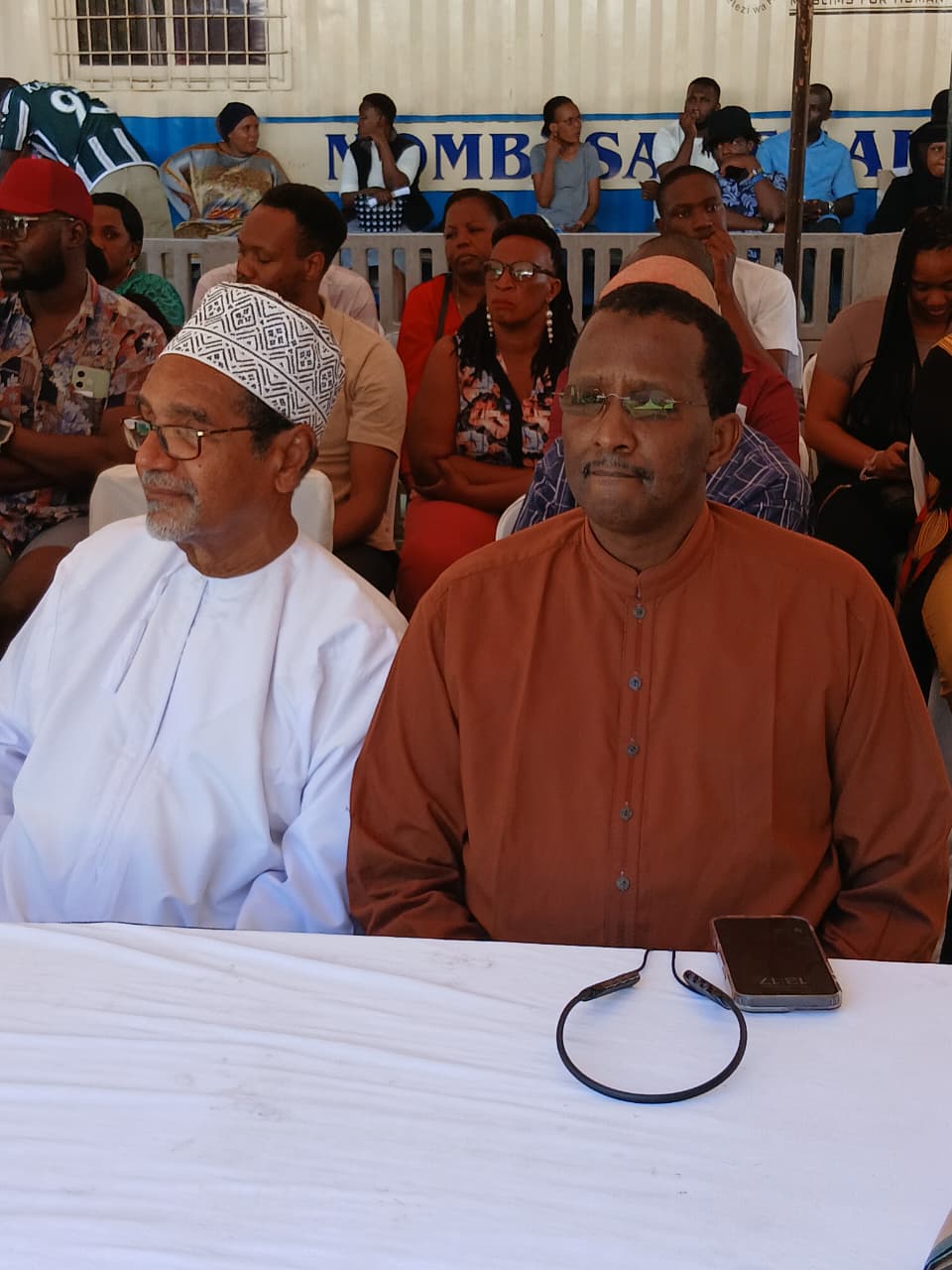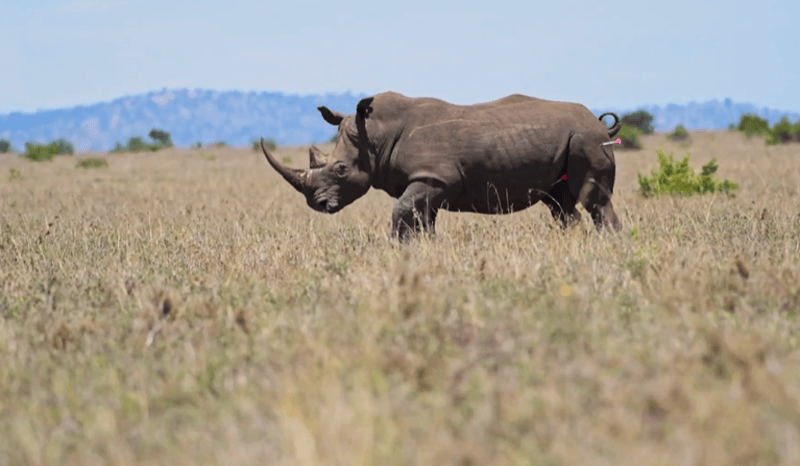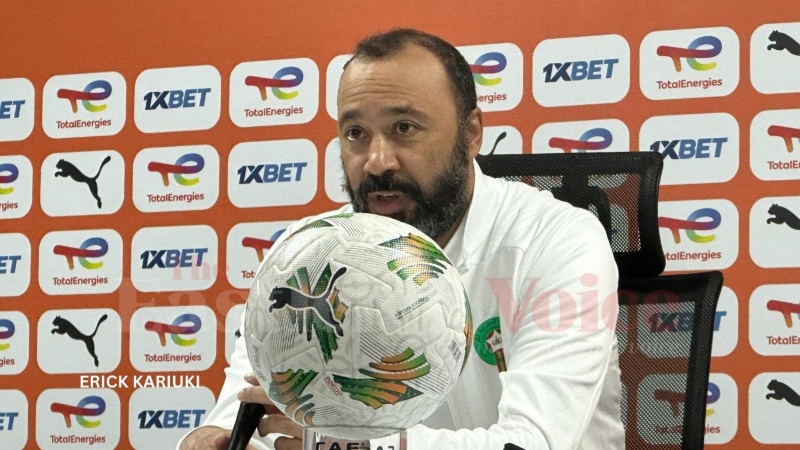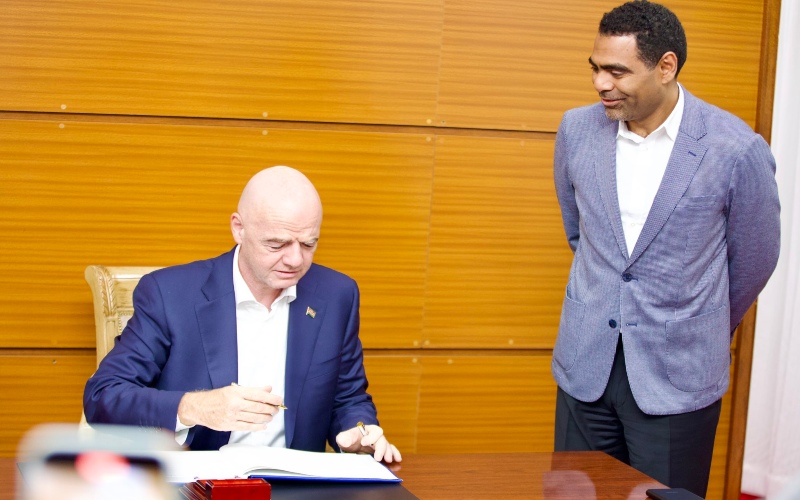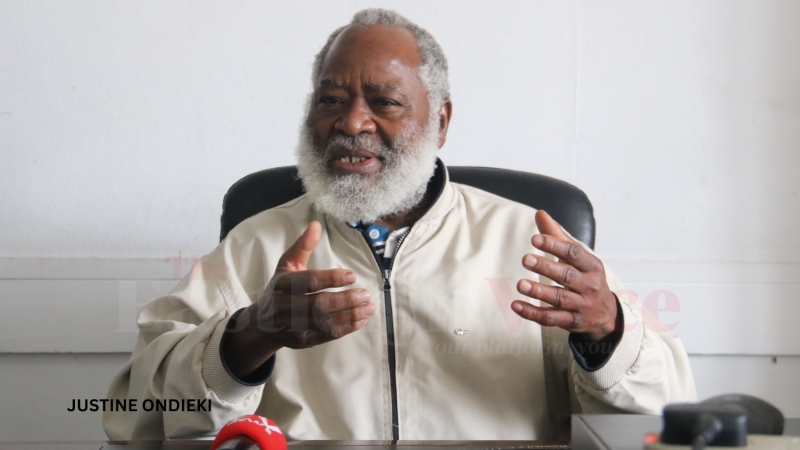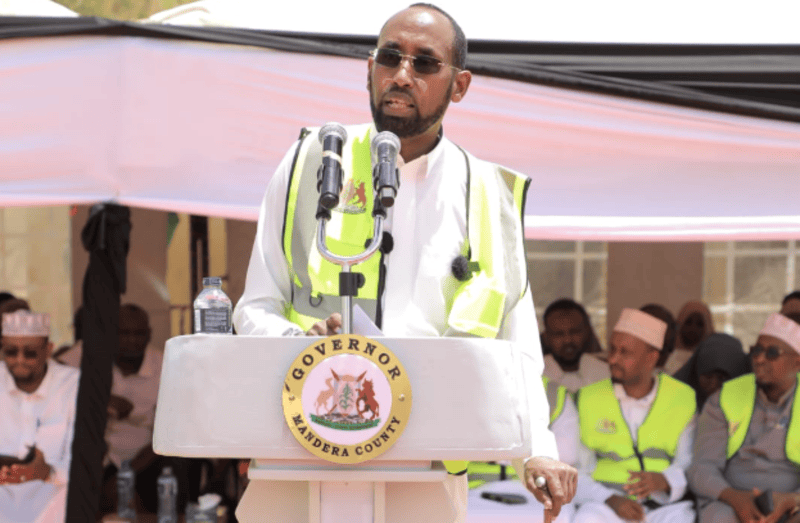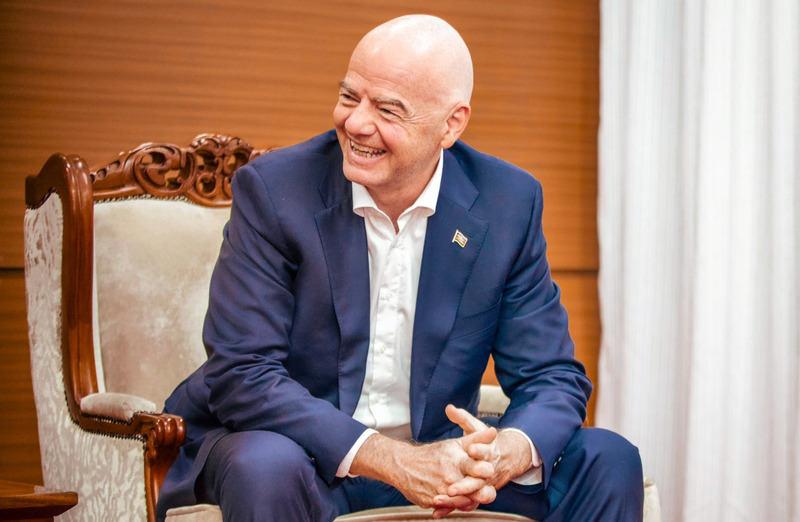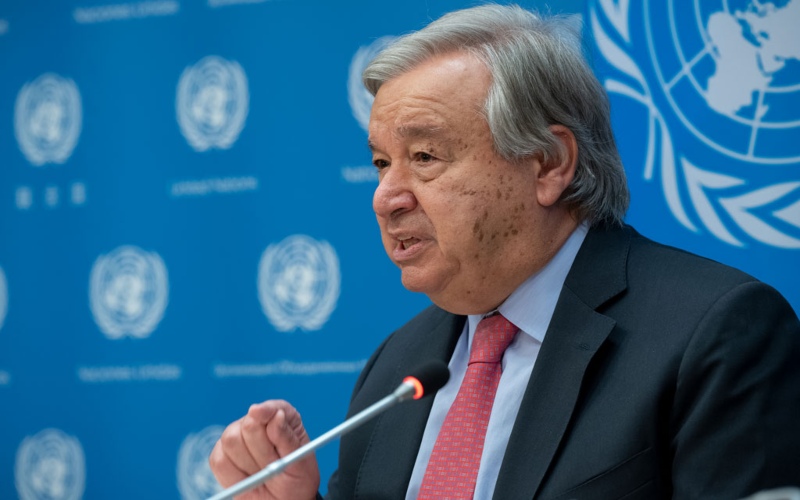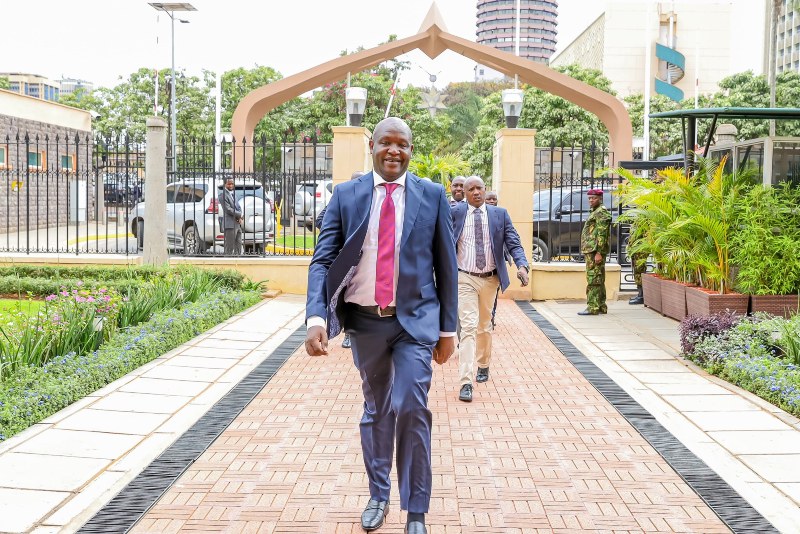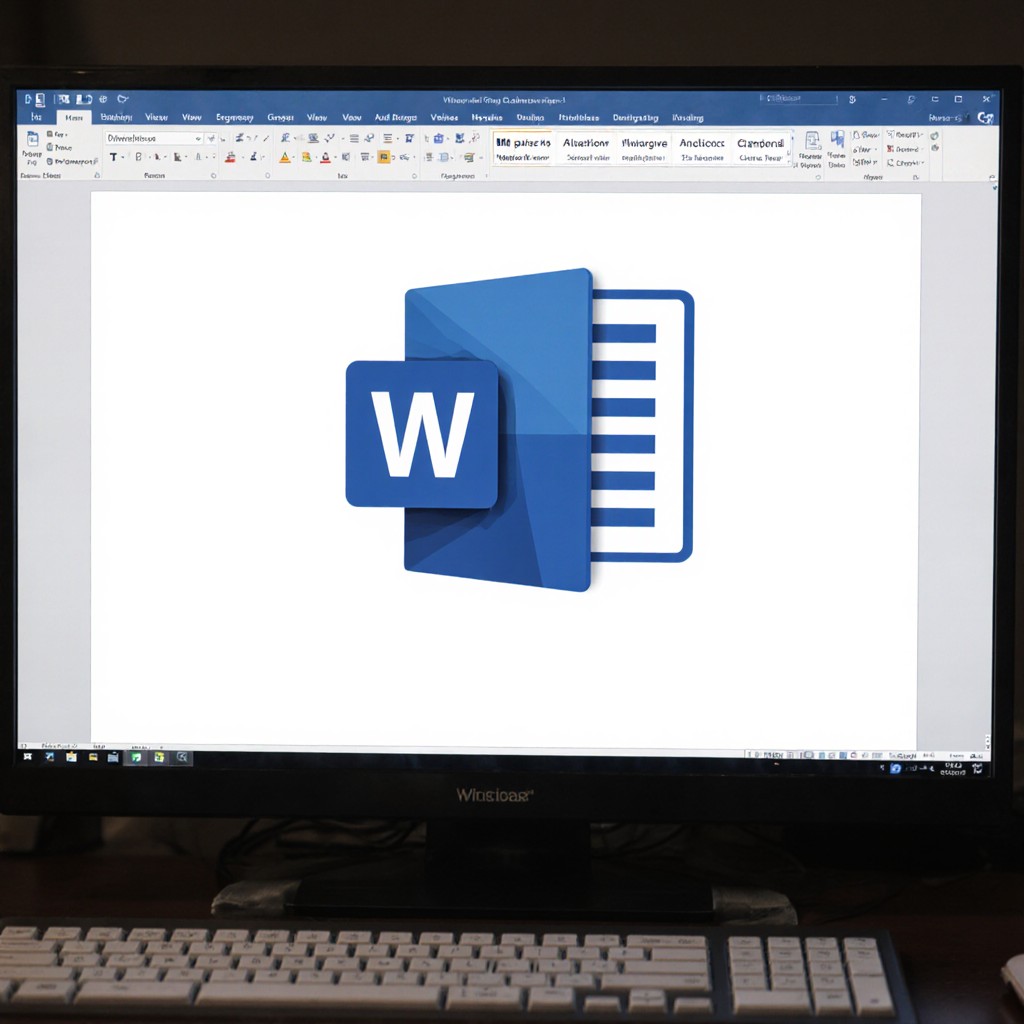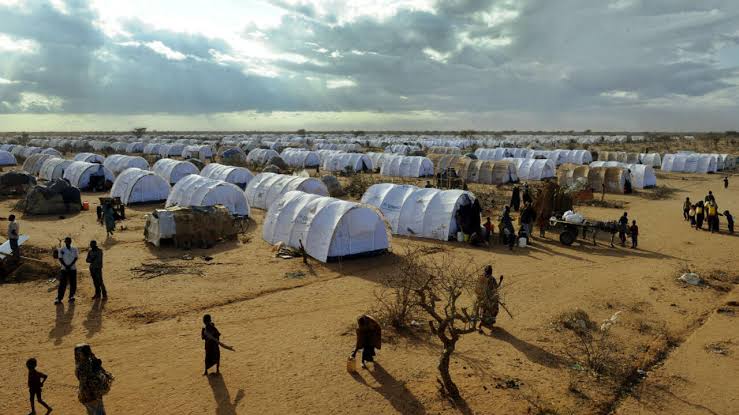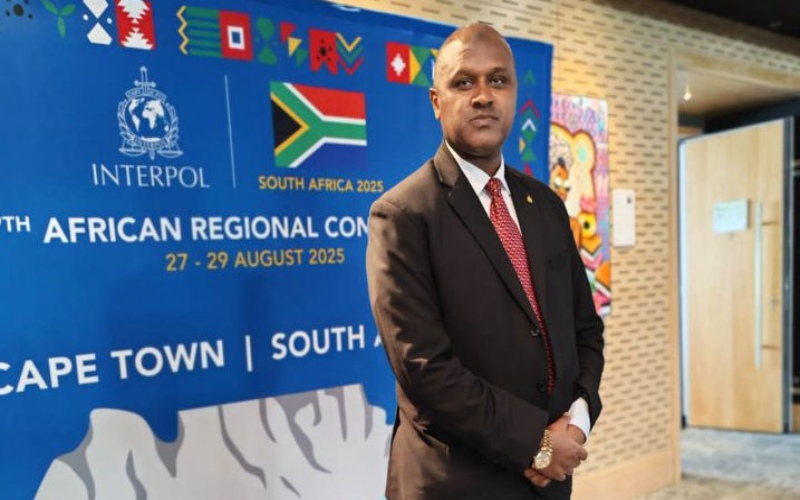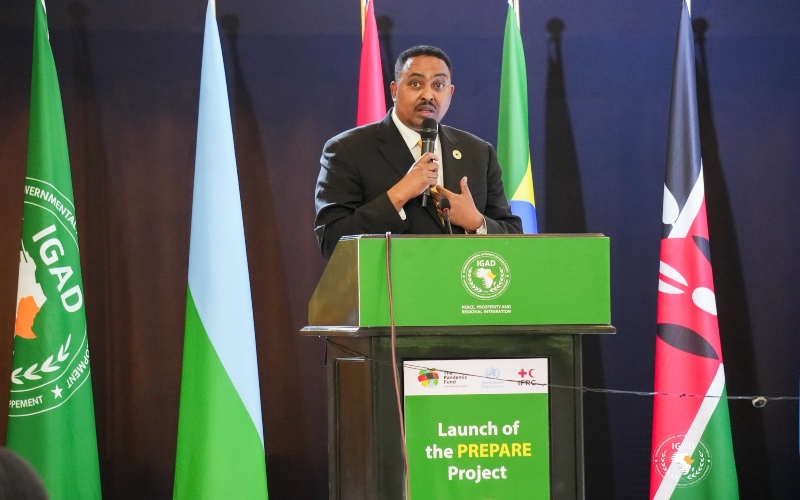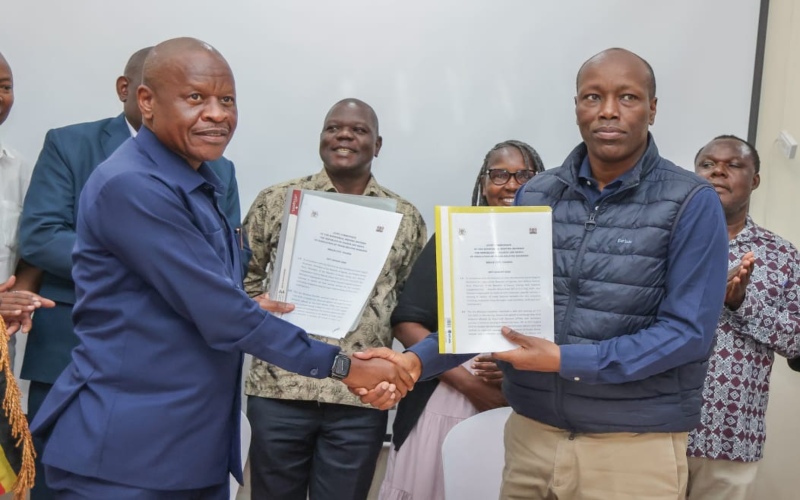Kenya's Non-NATO status at risk as US Congress probes Ruto administration over extrajudicial killings, Sudan's RSF links
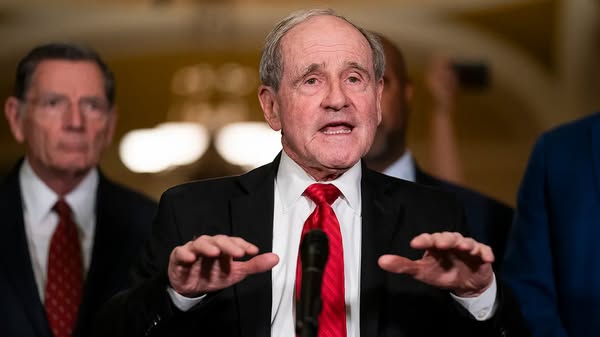
A series of recent developments in Nairobi have triggered concern in Washington, with US legislators now calling for a formal reassessment of the partnership.
The United States Congress is pushing for investigations into President William Ruto’s administration over alleged extrajudicial killings, abductions of protesters and Kenya’s controversial links to Sudan’s Rapid Support Forces, threatening the country’s newly acquired Major Non-NATO Ally (MNNA) status.
Kenya secured the status during President Ruto’s State visit to the USA in May 2024. The designation, which was granted on June 24, 2024, cemented Kenya as a key US partner in Africa and deepened bilateral ties in defence, security and economic areas.
More To Read
- 'Muthaiga 3' activists set free after High Court rejects case extension request
- US moves to reassess Kenya's designation as major non-NATO ally
- Human rights activist Mwabili Mwagodi finally records statement on alleged abduction at Diani Police Station
- Amnesty urges East African Court to probe activist Mwabili Mwagodi's abduction
- Missing activist Mwabili Mwagodi found alive, says he 'was tortured, injected with unknown substance
- Blogger Ndiang'ui Kinyagia pleads for High Court protection from arrest, cites fear for life
However, a series of recent developments in Nairobi have triggered concern in Washington, with US legislators now calling for a formal reassessment of the partnership.
Idaho Senator Jim Risch, a senior member of the Senate Foreign Relations Committee, has proposed amendments to the National Defense Authorisation Act for the 2026 financial year that would compel the US government to investigate Kenya’s conduct.
Risch wants Congress to examine whether Kenya has used American security assistance and intelligence in ways that undermine US interests, including in the repression of civilians.
“An assessment of the use by the government of Kenya of US security assistance and intelligence support and sharing, including potential impacts on state and non-state sponsored actions against civilians, to include abductions, torture, renditions and violence against civilians,” reads the proposed amendment.
The review would cover Kenyan activities following the MNNA designation in June 2024.
At the heart of the concerns are alleged human rights violations committed during anti-government protests in 2024 and 2025. According to the Kenya National Commission on Human Rights (KNCHR), at least 128 people have been killed, more than 1,400 arrested, and nearly 100 abducted, some of whom remain missing.
The proposal also highlights Kenya’s role in the abduction of seven Turkish nationals in October 2024. The individuals, Mustafa Genç, Abdullah Genç, Huseyin Yesilsu, Necdet Seyitoglu, Oztürk Uzun, Alparslan Tasci and Saadet, were seized by Turkish intelligence in Nairobi after criticising President Recep Tayyip Erdogan.
Four of them had refugee status in Kenya and were awaiting asylum in third countries. They were deported to Turkiye where they now face criminal charges.
Risch also raised concerns over President Ruto’s engagement with Sudan’s Rapid Support Forces (RSF). In February 2025, RSF commander Mohamed Hamdan Daglo, also known as “Hemedti,” visited Nairobi and announced plans to establish a parallel government in Sudan during a press conference at the Kenyatta International Convention Centre.
The visit was hosted under the Intergovernmental Authority on Development (IGAD) peace framework, chaired by Ruto. However, Sudan’s transitional government, led by General Abdel Fattah Al-Burhan, accused Kenya of siding with the RSF, prompting two diplomatic recalls of Sudan’s ambassador to Nairobi, the latest in February 2025.
The Congressional proposal suggests Kenyan officials may have assisted blacklisted individuals, including RSF members, in stashing money within Kenyan financial systems.
“An assessment of Kenya as a financial safe haven for individuals and entities on the Office of Foreign Assets Control Specially Designated Nationals and Blocked Persons list and foreign terrorist organisations, including such individuals and entities based in South Sudan, Sudan, Uganda and Somalia; and an assessment of the relationships of the government of Kenya and key officials of Kenya with non-state armed groups and violent extremist organisations, including the RSF and Al-Shabaab,” the document reads.
Hemedti is among individuals sanctioned by the US Treasury. His hosting in Nairobi and Kenya’s perceived neutrality in Sudan’s war have sparked concern within Washington and among UN diplomats.
Other Topics To Read
If passed, the amendments would require US Secretaries of State, Defence and Treasury Marco Rubio, Pete Hegseth and Scott Bessent, respectively, as well as Director of National Intelligence Tulsi Gabbard, to initiate a review within 90 days and submit findings to Congress within 180 days.
Senator Risch has long expressed concern over Kenya’s growing diplomatic and trade alignment with China, warning in May 2025 that the US must re-evaluate its ties with nations showing “allegiance” to Beijing.
“Just last month, President William Ruto declared that Kenya, a Major Non-NATO Ally and China are co-architects of a new world order. That is not just alignment to China; it’s allegiance,” he told the Senate Foreign Relations Committee.
He submitted the full text of President Ruto’s speech at Peking University, delivered on April 23, 2025, as part of the Congressional record.
Kenya’s deepening financial dependence on China, including Sh880 billion in debt and the Sh129.35 billion paid in the 2024/25 fiscal year alone, has also been flagged. Most of the borrowing is tied to public infrastructure projects executed by Chinese firms.
The Congressional proposal further calls for an investigation into Kenya’s relationships with Russia and Iran, citing growing tensions between the US and the two nations, and warning that any strategic closeness could jeopardise US-Kenya cooperation.
Top Stories Today

